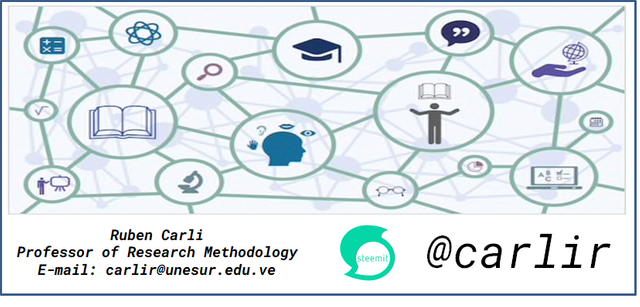Intellectual capital: a valuable and essential asset for business success in the 21st century.

Intellectual capital is one of the most valuable assets of any organization. It refers to the knowledge, skills and experiences of employees and the company's ability to use them to achieve its objectives. Unlike financial capital, which is measured in terms of money and tangible assets, intellectual capital is intangible and therefore can be difficult to measure. However, more and more companies are recognizing the importance of intellectual capital and are trying to develop and manage it effectively.
Intellectual capital is divided into three main categories: human capital, structural capital and relational capital. Human capital refers to the knowledge, skills and experience of employees. Structural capital refers to the processes, systems and technologies that support the creation and management of knowledge. Relational capital refers to the relationships the company has with its customers, suppliers, partners and other stakeholders.
Intellectual capital management involves the identification, development and utilization of the company's knowledge resources. This may include creating a culture of continuous learning, implementing training and development programs, adopting information technology for knowledge management, and promoting collaboration and knowledge sharing among employees.
Effective intellectual capital management can provide the company with a significant competitive advantage. The company can use its knowledge and skills to innovate, improve the quality of its products or services, and adapt quickly to changes in the marketplace. In addition, effective intellectual capital management can help reduce the risk of losing key knowledge when employees leave the company or retire.

Source
However, managing intellectual capital can be a challenge for companies. Many companies do not have the right culture, processes or technology in place to support knowledge management. In addition, it can be difficult to measure the value of intellectual capital, making it difficult to allocate resources to its development and management.
Despite these challenges, more and more companies are recognizing the importance of intellectual capital and are working to effectively develop and manage their knowledge resources. Companies that are successful in managing intellectual capital can gain significant competitive advantage and create lasting value for their shareholders.
In conclusion, intellectual capital is a valuable and important asset for any company. Its effective management can provide significant competitive advantage and help create long-term value. Identifying, developing and utilizing a company's knowledge resources requires a systematic approach and appropriate investment in culture, processes and technology. As the world becomes increasingly technology and knowledge driven, intellectual capital management is becoming a growing priority for companies seeking to survive and thrive in the future.


